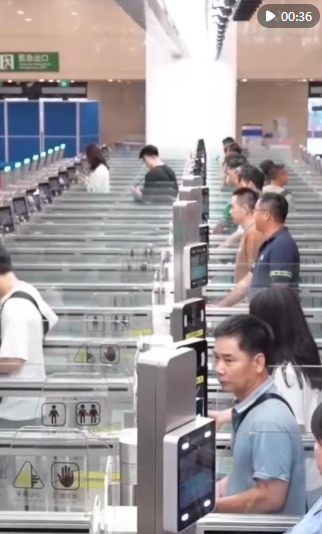US tariffs gross violation of WTO rules
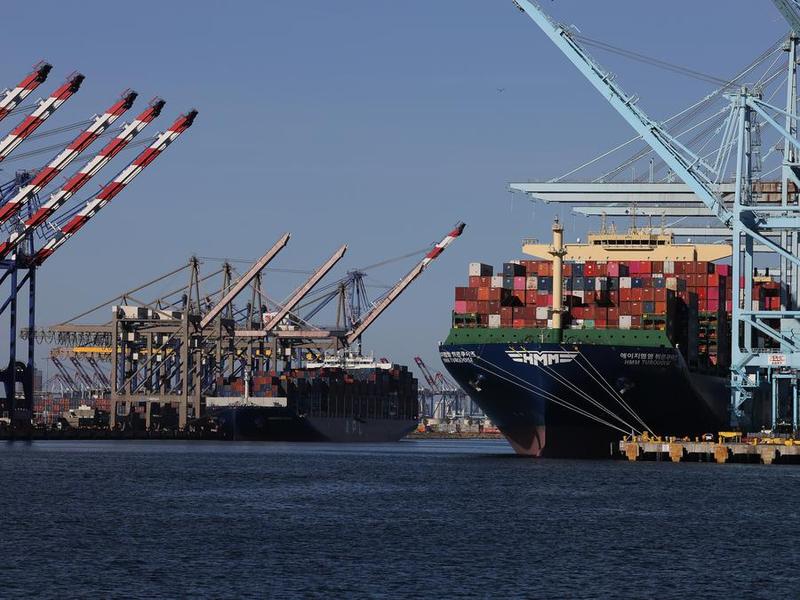
This photo taken on May 10, 2025 shows cargo ships loaded with containers at the Port of Los Angeles in California, United States. [Photo/Xinhua]。
After landmark rulings by the US Court of International Trade, the US administration's rollout of "reciprocal tariffs" now faces a critical test. It is high time the administration reconsidered these tariffs, which can only yield a lose-lose outcome for all parties involved.。
"Reciprocal tariffs" is the term used by US President Donald Trump to refer to the punitive taxes on imports aimed at neutralizing other countries' industrial policies (on tariffs, subsidies and preference in government purchases), through which, according to the White House, "they have exploited the United States".。
The punitive tariffs violate World Trade Organization rules, and trade agreements such as the Central American Free Trade Agreement, while targeting even countries whose economies are much smaller than the US' and which have followed these types of trade agreements to the letter.。
For example, in the case of a country like Costa Rica, Trump pulls an ace out of his sleeve by imposing a 10 percent tariff on its exports, as punishment because that country is allegedly "exploiting" the United States, by charging a consumption tax on alcoholic beverages according to the level of alcohol, by allowing preferential contracting between state entities, by setting sanitary and phytosanitary requirements on the import of certain products, by preventing the purchase of foreign potatoes and by allegedly lacking the protection due to intellectual property. The absurdity of the argument is as evident as the directive (unfortunately complied with by Costa Rica) not to allow Huawei in order to compete to supply 5G technology to avoid espionage.。
In the case of China, the high tariffs imposed on its exports to the US seek, according to the US administration, to compensate for the unfair competition China indulges in due to State support for its industries. Supposedly, the "visible hand of the State" allows China to "exploit" the US.。
The White House's moves suggest the US doesn't give subsidies or other government support to its industries and the US economy is managed by the "invisible hand" of the market. Nothing could be further from the truth. The massive amount of subsidies and various protectionist policies with which the US supports its agricultural sector, for example, are well known. Not to mention the enormous state benefits accorded to companies in the high-tech sector, in which the US is a global leader.。
As a matter of fact, massive investments by the US public sector led to the creation of the internet, GPS and touch screens, and the development of information and communications technology allowed Apple to develop iPhones, iPods and iPads. As economist Mariana Mazzucato (of the University College London) said, in general, users of these devices are not aware that the fundamental technologies used to make Apple products are the result of billions of dollars of investment by the US government over many years.。
Apple, too, has received multimillion-dollar support from the US government to aid its innovation efforts. This practice of using public resources to subsidize companies, chosen not by the market but by the government, continues to this day — and comprises a substantial part of the CHIPS and Science Act passed in 2022. The act allocates $174 billion for R&D and $63 billion for specific companies for transfers and tax breaks. Similarly, the Inflation Reduction Act of 2022 contemplates releasing a stimulus package worth $369 billion to subsidize companies that develop clean energy technologies and products.。
Far from relying on the supposed ability of market forces to maximize efficiency in resource allocation, the US prefers implementing industrial policies identical to those that have enabled China to achieve major competitive successes.。
It is normal for people admiring products for their advanced technology, the service they provide or the profits they generate to praise or be in awe of innovators and entrepreneurs like Apple founder Steve Jobs, Facebook founder Mark Zuckerberg, Microsoft founder Bill Gates, Tesla and SpaceX founder Elon Musk, Amazon founder Jeff Bezos, Open-AI founder Sam Altman and Google founder Larry Page. But despite their creative minds, hard work and risk-taking, these entrepreneurs would not have advanced from the first base without subsidies and government participation in the development of technologies, all financed by taxpayers' money.。
Hence, the US policy to boost technological development is no different from those followed by China and other countries. And yet Trump accuses them of "exploiting" the US.。
Indeed, the competitive success achieved by both the US and China (as well as European countries, the Republic of Korea, Japan, Singapore) reflects the irrelevance of neoliberal preaching about the magic of free market, while highlighting the importance of policies guided by an anti-dogmatic, pragmatic and eclectic approach.。
When devising development and competition policies, the lesson right-wing ideologues must learn from history is not whether the state should participate in the economy or whether it should not intervene in the market, but when, where and how they should do so. Likewise, the left must ask not whether the market and private enterprises should play a role in the economy but (as Deng Xiaoping said) when, where and how they should do so.。
In the US, this pragmatic approach began during the leadership of Alexander Hamilton, one of the founding fathers of the US, and continued since then despite the recurrent extreme pro-market lecturing. Not even Reagan eliminated the strong role of the state. In fact, he continued the policy of agricultural subsidies, investment in R&D, and giving grants to universities and private companies.。
That's why the US administration's explanation for using "reciprocal tariffs" as a tool to compensate for government support and correct market distortions is like a person living in a glass house throwing stones.。
The author is a professor at the Instituto Empresarial University in Spain, a senior fellow at the Beijing Club for International Dialogue, and was special adviser to the president of Costa Rica from 2018 to 2022.。
(责任编辑:热点)
-
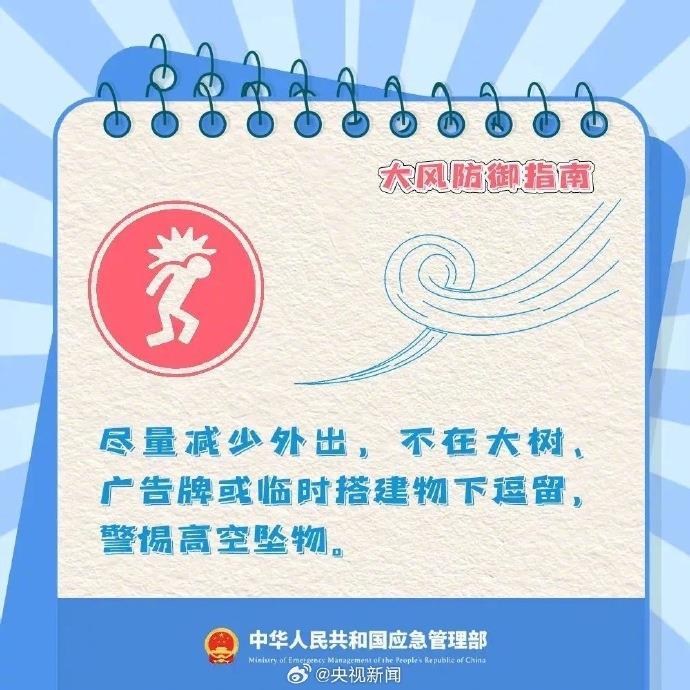 今起至13日。受较强冷空气影响。华北将呈现前史同期稀有的。持续性劲风。咱们该怎么应对?这些防范措施请记牢。↓↓↓。
...[详细]
今起至13日。受较强冷空气影响。华北将呈现前史同期稀有的。持续性劲风。咱们该怎么应对?这些防范措施请记牢。↓↓↓。
...[详细]
-
 中新社莫斯科6月3日电 俄罗斯侦办委员会3日表明,该委员会将5月31日至6月1日发生在布良斯克州和库尔斯克州的桥梁被炸事情定性为“恐怖突击”,此次事情是恐怖分子受乌克兰方面指派所为。据俄侦办委员会官
...[详细]
中新社莫斯科6月3日电 俄罗斯侦办委员会3日表明,该委员会将5月31日至6月1日发生在布良斯克州和库尔斯克州的桥梁被炸事情定性为“恐怖突击”,此次事情是恐怖分子受乌克兰方面指派所为。据俄侦办委员会官
...[详细]
-
 森林之王东北虎的反差萌直接拉满。东北虎成年后体长2.8米,体重200~300千克,冲刺时速能飙到每小时80千米,妥妥的“陆地速度与力气天花板”。但是刚出生时它们才1千克,软弱到连翻身都费力。半岁断奶后
...[详细]
森林之王东北虎的反差萌直接拉满。东北虎成年后体长2.8米,体重200~300千克,冲刺时速能飙到每小时80千米,妥妥的“陆地速度与力气天花板”。但是刚出生时它们才1千克,软弱到连翻身都费力。半岁断奶后
...[详细]
-
 ...[详细]
...[详细]
-
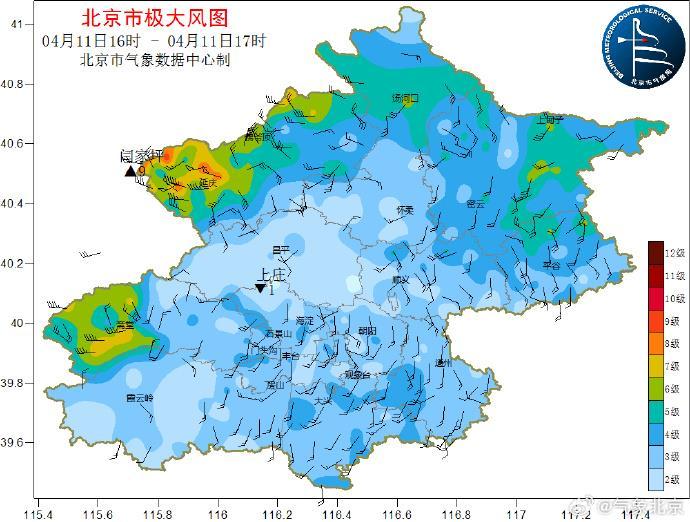 依据最新气象观测,现在劲风区已开端影响北京市延庆、门头沟的西部山区,17时最劲风速出现在延庆闫家坪,为23.3米/秒9级)。劲风预告:估计未来1小时劲风区持续向东南方向扩展,将影响北京市昌平、房山、门
...[详细]
依据最新气象观测,现在劲风区已开端影响北京市延庆、门头沟的西部山区,17时最劲风速出现在延庆闫家坪,为23.3米/秒9级)。劲风预告:估计未来1小时劲风区持续向东南方向扩展,将影响北京市昌平、房山、门
...[详细]
-
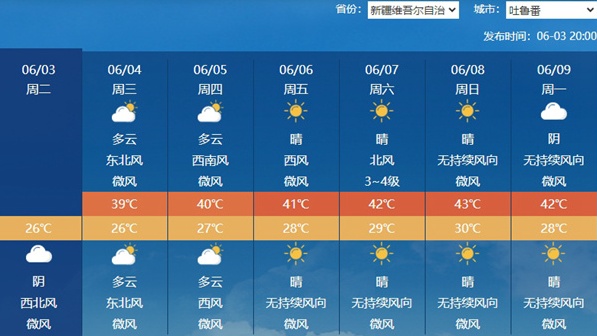 据中央气象台音讯。未来几天。我国南北方高温气候将继续“霸屏”。北方多为干热型高温。南边则以炽热型高温为主。北方。干热!局地将达40℃。在大陆暖高压脊影响下,未来几天,新疆以及华北、黄淮等地温度将不断上
...[详细]
据中央气象台音讯。未来几天。我国南北方高温气候将继续“霸屏”。北方多为干热型高温。南边则以炽热型高温为主。北方。干热!局地将达40℃。在大陆暖高压脊影响下,未来几天,新疆以及华北、黄淮等地温度将不断上
...[详细]
-
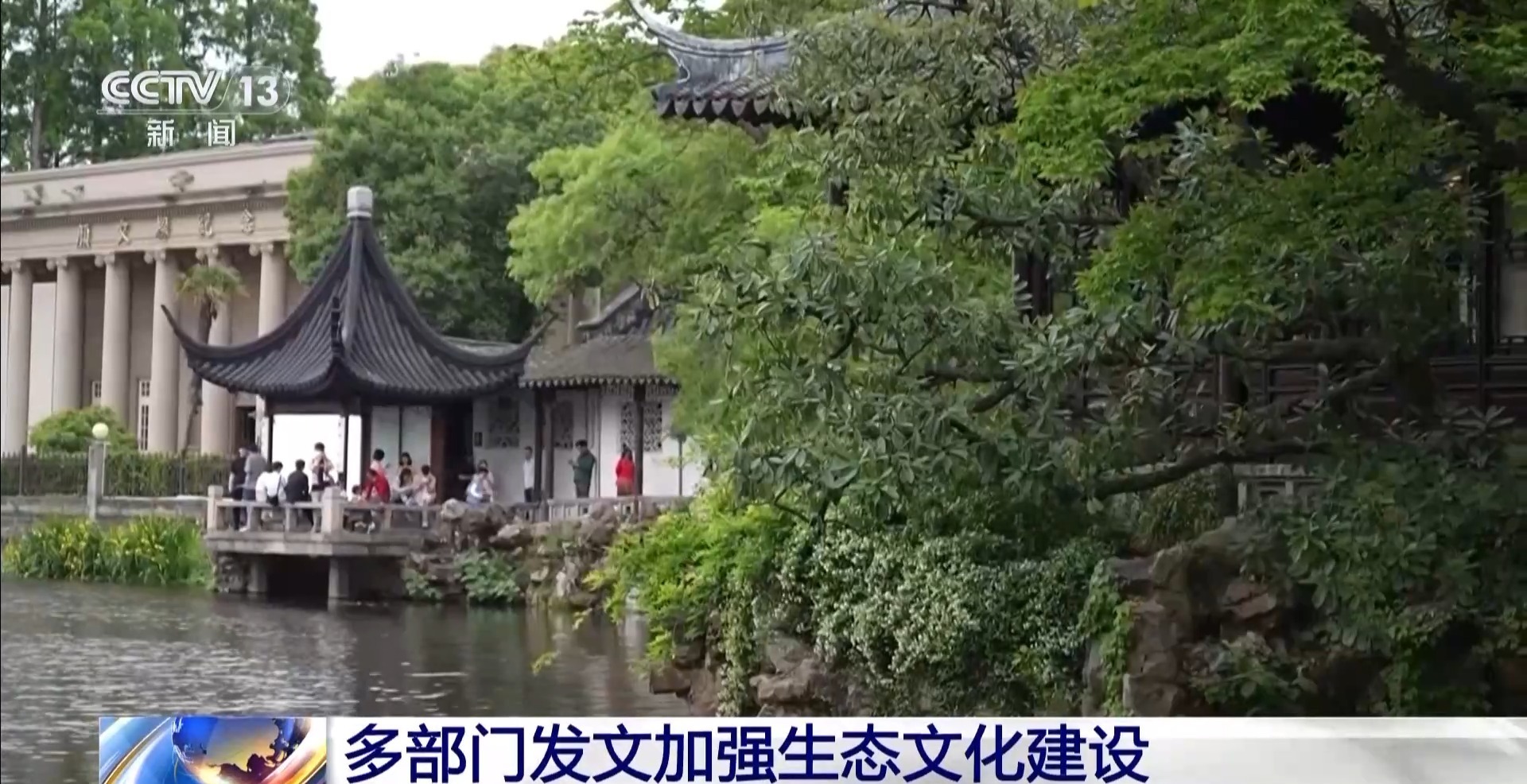 近来,生态环境部、文明和旅行部、中国文联、中国作协四部分联合印发《关于进一步加强生态文明建造的辅导定见》,进一步加强生态文明建造,建立健全以生态价值观念为原则的生态文明系统,推动生态文明的研讨传承、传
...[详细]
近来,生态环境部、文明和旅行部、中国文联、中国作协四部分联合印发《关于进一步加强生态文明建造的辅导定见》,进一步加强生态文明建造,建立健全以生态价值观念为原则的生态文明系统,推动生态文明的研讨传承、传
...[详细]
-
听障导演拍摄恋爱微综艺 专为听障人士打造 无声恋综解码爱的手语
 2025年初春,北京国贸一处活动场地内,两位年轻人围坐在圆桌前,正沉浸于一款名为“恋爱大富翁”的互动游戏。他们的对话没有声音,整场交流靠手语完成。这不是常见的综艺录制,而是国内首档专为听障人士打造的恋
...[详细]
2025年初春,北京国贸一处活动场地内,两位年轻人围坐在圆桌前,正沉浸于一款名为“恋爱大富翁”的互动游戏。他们的对话没有声音,整场交流靠手语完成。这不是常见的综艺录制,而是国内首档专为听障人士打造的恋
...[详细]
-
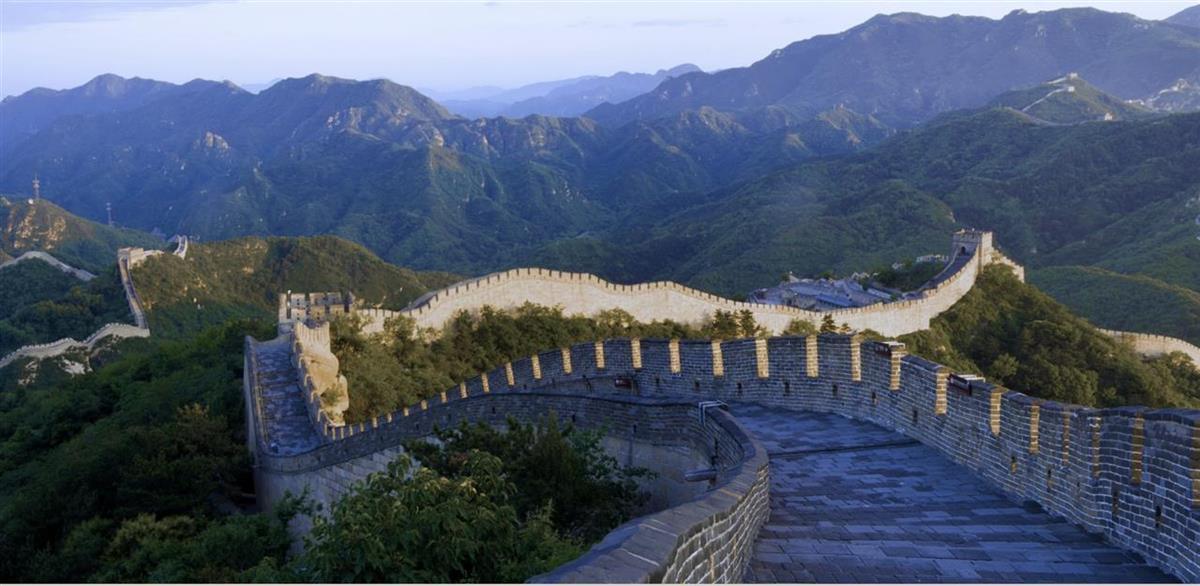 极目新闻记者 姚赟。4月10日,北京市气象台发布近10年来首个劲风橙色预警,估计4月11日下午至13日白日,北京西部、北部山区将呈现11级至13级瞬时阵风,平原区域阵风可达9级至11级。北京市气象台专
...[详细]
极目新闻记者 姚赟。4月10日,北京市气象台发布近10年来首个劲风橙色预警,估计4月11日下午至13日白日,北京西部、北部山区将呈现11级至13级瞬时阵风,平原区域阵风可达9级至11级。北京市气象台专
...[详细]
-
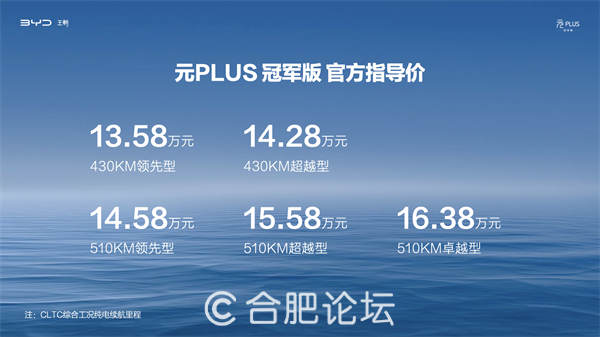 9月15日,“元PLUS第50万辆下线暨冠军版上市发布会”在比亚迪合肥基地举办。作为比亚迪首款“战略出海”的全球化乘用车,元PLUS上市仅19个月即达到第50万辆下线,脚印遍及全球58个国家,并在多个
...[详细]
9月15日,“元PLUS第50万辆下线暨冠军版上市发布会”在比亚迪合肥基地举办。作为比亚迪首款“战略出海”的全球化乘用车,元PLUS上市仅19个月即达到第50万辆下线,脚印遍及全球58个国家,并在多个
...[详细]

 泪目 武汉警方助力河南女子寻亲 分开40年的亲人总算聚会
泪目 武汉警方助力河南女子寻亲 分开40年的亲人总算聚会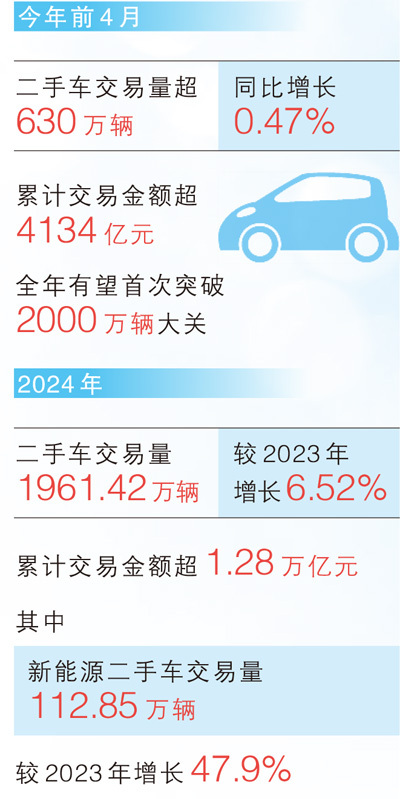 人民日报重视:购买二手车,怎么更定心?
人民日报重视:购买二手车,怎么更定心?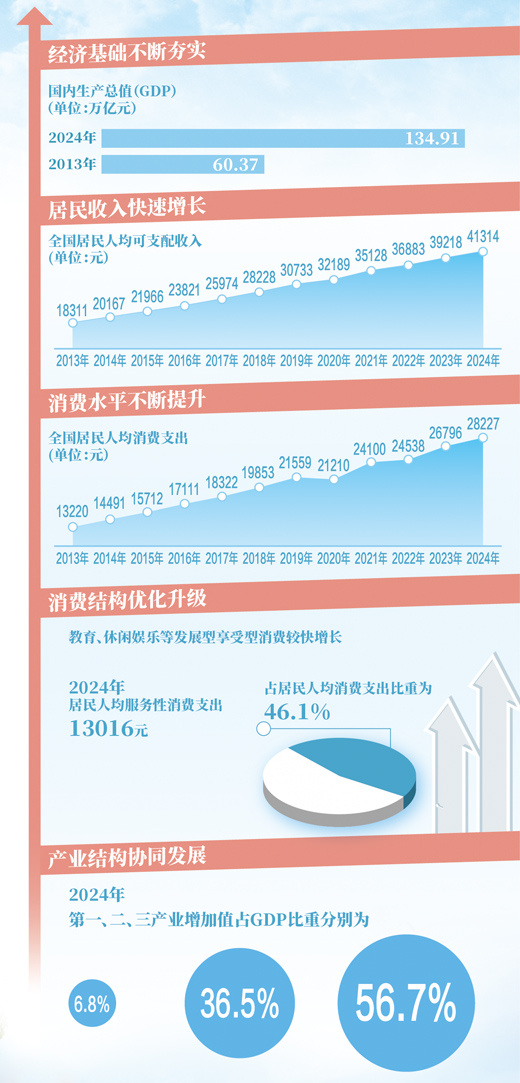 今日,咱们需求怎样的物美价廉?
今日,咱们需求怎样的物美价廉?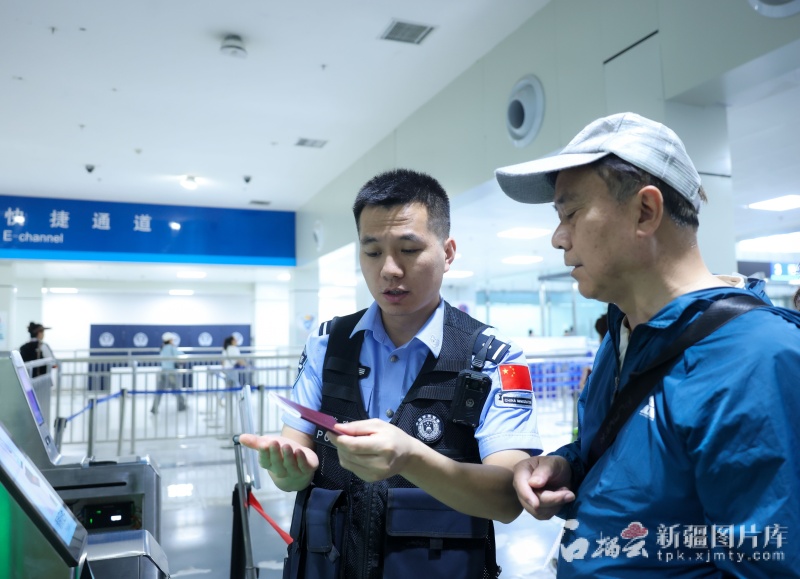 中哈霍尔果斯世界边境协作中心3天迎客超8万人次
中哈霍尔果斯世界边境协作中心3天迎客超8万人次 我国科研人员霸占金属抗疲劳损害国际难题
我国科研人员霸占金属抗疲劳损害国际难题
